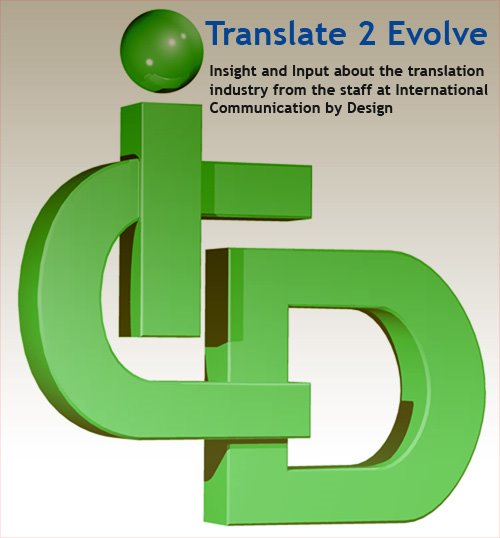Excerpt: Global Strategies: Watch Your Language
| | |
| Written by Don DePalma | |
| Monday, 01 June 2009 | |
Buyers want products they can understand
This need to localize isn’t unique to consumer products; it crosses a wide range of goods and services. At Common Sense Advisory, we have long tracked this product requirement. In 2006, we asked 2,430 consumers in eight non-English-speaking countries about their language and usage preferences for Web sites. The answer was unequivocal: they wanted information, user interfaces, and payment methods that they could read, use, and understand, not English.
More recently, we extended this inquiry to corporate software buyers, both the kind you use on your desktop at work and the heavy-duty enterprise solutions that power supply chains, financial institutions, and corporate operations. This time, we asked 351 buyers in eight non-Anglophone countries about their buying preferences.
We think this survey has broader implications for global sales and should be interesting even if you don’t buy or sell software. Think about the things you do buy or sell. They are marketed either online, in-person, or in the mass media, so the marketers have to attract the prospective buyers’ attention in selling propositions that make sense to them.
Think office equipment, machine tools, anything you might drive or fly, medical devices, and a bunch of other gear. Then consider what makes up these products. Each has an electronic user interface, comes with lots of documentation, and may require post-sales technical support. In many ways, from initial marketing to post-sales support, these products are similar to software.
To measure the localization requirements for business products, we selected a cross-section of countries around the world, aiming for a representative mix of markets for which companies frequently adapt their products (France, Germany, Japan, and Spain), attractive developing markets (China and Russia), and locales for which English is often thought to be sufficient for most offerings (Sweden).

No comments:
Post a Comment